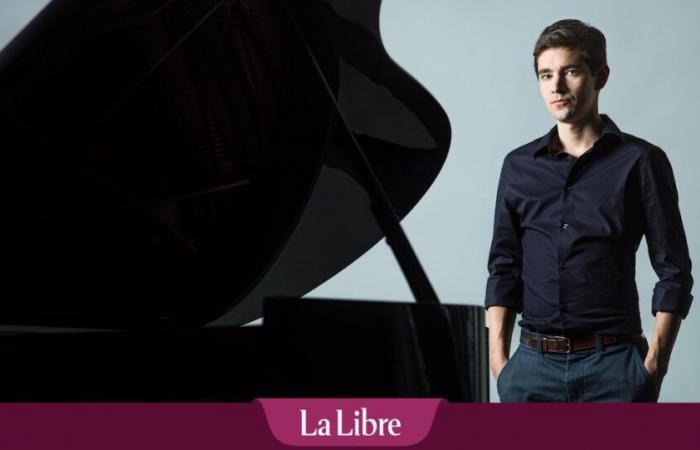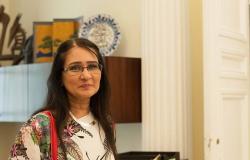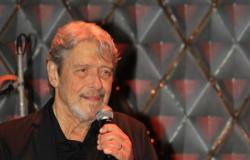What made you want to play with DoYeon Kim, a gayageum player (traditional Korean instrument similar to the zither)?
I discovered this musician online and was totally amazed by what she offers. She has a unique profile: she plays traditional Korean music, but she also studied the history of jazz in New York and she also plays with improvisers. I am very attracted to Korean culture and I particularly like the idea of being able to approach this culture through improvisation.
You evolve in very different musical universes. So it is improvisation that makes it possible to overcome what could be perceived as barriers?
DoYeon Kim comes from a world that leaves plenty of room for improvisation. I’ve never met her yet but I think her music works in a very similar way to jazz ultimately.
Will the concert be entirely improvised or have you done any prior writing work?
Part of it will be improvised, but I also bring compositions. For this concert I will have to leave a lot of space in the pieces, which is quite risky, because many pianists tend to take up a lot of space and this will not be possible with the gayageum. So I will have to adapt. The great thing about jazz is that you can always find a way to do things together through listening and improvisation. Ultimately, the rehearsal will be more of a review of the available material and a way to discover how we can make the music sound together. Everything else is just listening and dialogue.
Bill Frisell: “In music, magic happens when you don’t know where you’re going”
It’s something quite magical but difficult to understand for non-musicians…
That’s why it remains a niche I suppose. But I am convinced that we can take the public on this journey. This is what is most interesting about concerts: succeeding in sharing the emotions that these discoveries provide with the public by taking them towards something unexpected.
For your first carte blanche, you decided to invite three American stars. How did you envision this meeting?
For the quartet, there will be a lot more writing. When there is a cello in the group, it is better to have very clear melodies and harmonies from which you can improvise. The more musicians in the group, the harder it becomes to improvise because you tend to wait for others to come up with something, but if everyone is waiting, nothing happens. For the trio too, I wanted to write compositions because Eric McPherson has such a powerful and subtle way of playing, with an incredible flow that I wanted to imagine cool shapes on which to improvise. Play purely free is a lot of fun but I also like it when things are more uniform.
“When you give the same concert every night, you are no longer making music, you are selling a product”
Did you have a particular intention for the style of the quartet’s compositions? It must be intimidating to write for such established musicians.
I spent so much time listening to their music that the style to adopt became quite clear to me. I absolutely wanted to avoid musicians feeling blocked and not being able to sound the way they want to sound. When you only have one day of rehearsal and one concert, you have to try not to write things that are too difficult and to leave enough space for each musician. It’s a very different exercise than writing for someone with whom you play every week and with whom you have the opportunity to let the music evolve over time. In this case, everything will have to be there for the concert but I hope the band can continue after the festival.
The Brussels Jazz Festival will take place from January 9 to 19 in Flagey.






